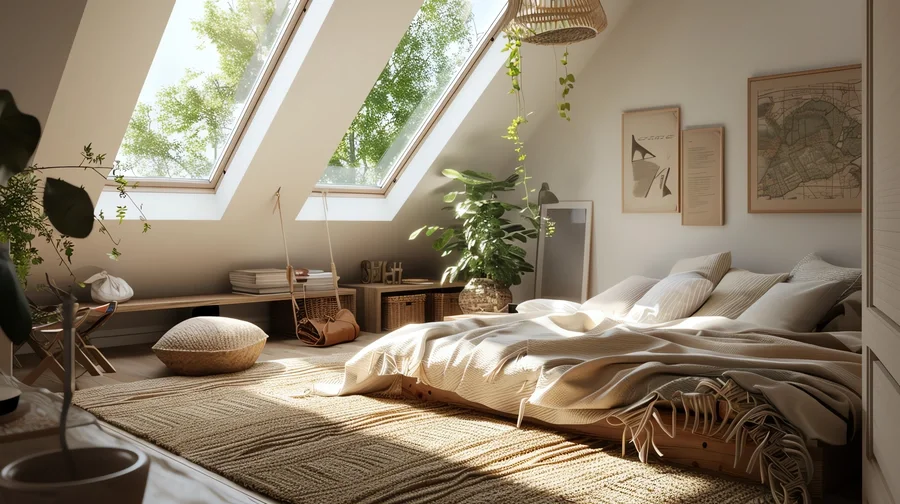Deciding Between a Loft Conversion and a House Extension
When deciding to expand your living space, two common options are converting your loft or extending your house. Both can increase the value of your home and improve your lifestyle, but they come with distinct advantages and disadvantages. Understanding the differences can help you choose the right option for your property, budget, and personal needs.
Maximising Existing Space with a Loft Conversion
A loft conversion is an excellent way to use existing space without altering the footprint of your home. If your attic or loft area is underused or only used for storage, converting it into a functional room could add a bedroom, office, or living area.One of the main benefits of a loft conversion is that it usually requires less disruption to your daily life compared to a house extension. The building work is contained within the loft, meaning the rest of your home remains largely unaffected. Loft conversions are often quicker to complete, with many projects finished in weeks.However, not all lofts are suitable for conversion without significant structural changes. You may need to raise the roof or add dormer windows to increase head height, which can add to the cost. Additionally, the existing structure limits loft conversions, so if you need more ground-floor space or desire a larger kitchen or living room, there might be better options than this one.
Creating New Space with a House Extension
A house extension offers greater flexibility for adding space to your property. Extensions can be built to any specification, whether you need a larger kitchen, extra bedrooms, or a spacious new living area. Depending on planning permissions, they can extend across the rear, side, or even wrap around multiple sides of your home.One key advantage of a house extension is that it can be customised to your needs and preferences. You can create open-plan spaces, install larger windows for more natural light, and design the layout from scratch. Extensions add more value to a property than loft conversions, especially if they significantly increase usable floor space.However, extensions are typically more expensive than loft conversions. The construction work can be more disruptive as it involves altering the structure of your home, and projects may take longer to complete, sometimes spanning several months. Additionally, you may need to sacrifice garden space to build your extension, which could affect your enjoyment of your outdoor area.
Which Option is Right for You?
Choosing between a loft conversion and a house extension depends on several factors. If your budget is limited and you want to maintain garden space, a loft conversion may be the more practical choice. It offers a cost-effective way to create extra rooms without drastically altering your property’s footprint.On the other hand, if you need more ground-floor space or want to design a completely new area, a house extension may be the better option. While more costly, an extension allows for greater creativity and customisation, and it can add more value to your home over the long term.Ultimately, the best option will depend on your personal preferences, home layout, and future plans.

